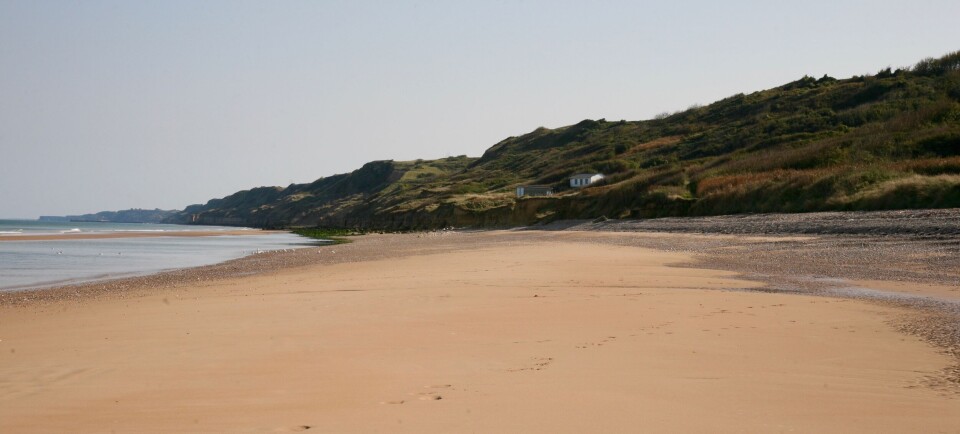-
French home energy bills to rise in 2026
Household electricity and gas bills will increase by around ā¬50 per year
-
Social charges on UK government pensions: France residents report progress
Issue now drawing attention at the highest levels
-
Good news for many micro-entrepreneurs in France: plans to lower VAT threshold rejected by Senate
Vote reverses proposal to lower tax exemption thresholds for self-employed workers
Man gets second-degree burns from 'pebble' found on French beach
The intense pink stone was in fact phosphorus left over from World War Two

A man in northwestern France has been badly burned on the fingers and leg after picking up a āpebbleā from a beach that turned out to be a piece of phosphorus from World War Two.
BenoĆ®t Mabire was walking with his wife and two children on the Saint-CĆ“me-de-FresnĆ© beach, Calvados (Normandy) on November 8, when he picked up an interesting-looking pink āpebbleā. His wife washed it in the sea, and he placed it in his coat pocket to keep.
He was especially attracted by the unusual āintenseā pink colour.
However, the āpebbleā was actually a piece of white phosphorus dating from World War Two, and it quickly caught fire. Once dried and stored in a pocket, it had been rubbing against the other stones in the manās pocket, and the friction and air caused it to ignite.
The man only noticed when he saw smoke coming from his pocket. His trousers then caught on fire as they had been next to the coat pocket. He suffered second-degree burns to his fingers and leg.
He is now warning others who may be walking on Normandy beaches to āpay very close attention to pretty little pebblesā.
Pieces of white phosphorus may appear as red, pink, or yellow āpebblesā, and are likely to be remnants of phosphorus bombs from the conflict.
The Calvados prefect issued a warning on the same subject, and showed a photo of a reddish piece of phosphorus. It said: ā[The stones] do not dissolve in water, but burn when in contact with air.ā
It added that the phosphorus can cause burns that need to be treated in a āhospital settingā.
Il vous arrive de ramasser des pierres en bord de mer ?
— PrĆ©fet du Calvados (@Prefet14)
š“S'il n'est pas frĆ©quent d'en trouver il n'est pas non plus exceptionnel de tomber sur un morceau de phosphore datant du ayant l'apparence d'une jolie pierre rouge
ā ļøInsoluble dans l'eau, il brĆ»le au contact de l'air!
Related articles
War veteran writes open letter against wind farm plans on D-Day beach
British soldiers killed in D-Day landings finally get fitting memorial























